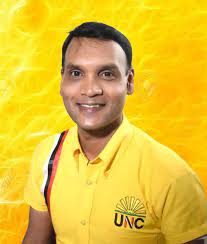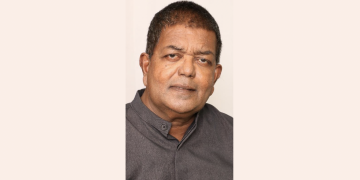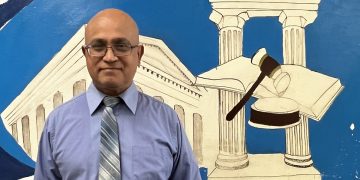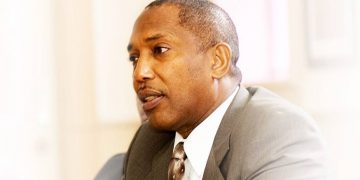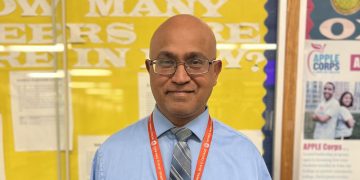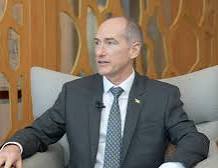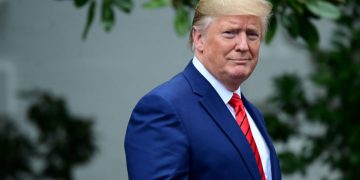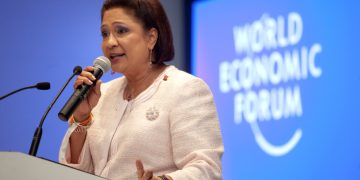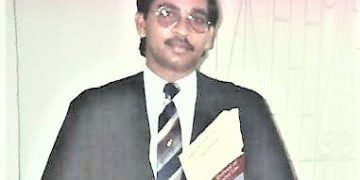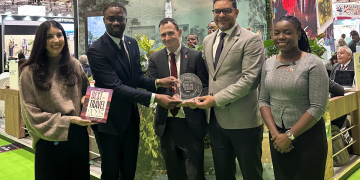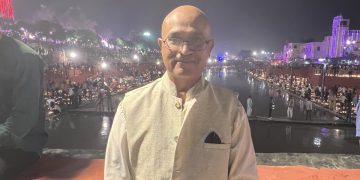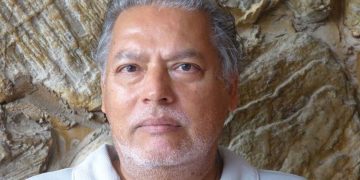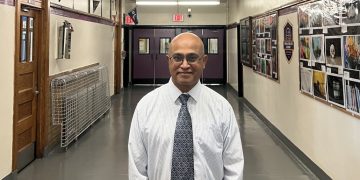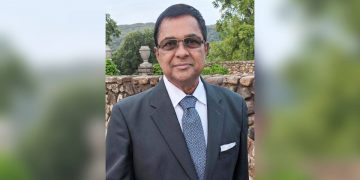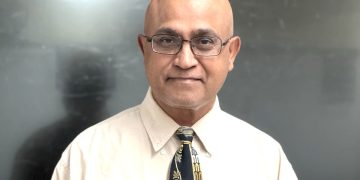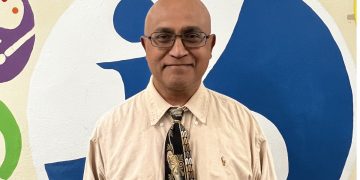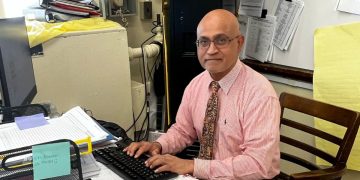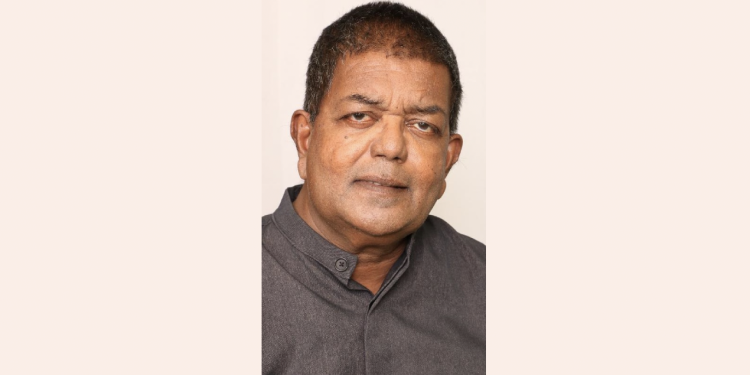Indians and UNC politicians can learn from supporters of Carnival culture. These advocates are bold and fearless in their demands for financial support from the government and the private sector, not being bothered about the Indian aspect of our cultural heritage. Nevertheless, when Indians are in a position to fight for Indian culture, they are generally silent if not insulting. For example, when Shri Ganga Singh was appointed Minister of Culture (first time an Indian and Hindu appointed to that portfolio) his first remarks was that the Ministry of Culture was not a suharree, meaning a leaf where meals are served in religious functions.) Off course, Shri Ganga Singh was addressing Indian cultural promoters but would not dare say the same to promoters of Carnival culture.
Among the UNC present crop of parliamentarians, I do not know of a single one who has a disposition to fight for Indian culture. I understand that Dinesh Rambally is a pandit and a representative of the Maha Sabha but does the ethos of the UNC gives Indian culture equal representation to other culture. Exactly what is the position of the UNC vis-à-vis Indian culture? Is it a sub-culture or an integral part of our national culture?
Statistics reveals that carnival attracts an average of 33,000 tourists and a revenue of $420m annually between 2010 and 2020? Is there any effort to promote our Phagwa, Divali and Ganesh Utsav to attract tourists from the diaspora? Indians are among the highest earners of incomes in the USA and with a growing Hindu consciousness they would certainly like to visit this part of the Caribbean to experience this brand of our Indo- Caribbean culture. Why is this potential tourism market not being tapped?
Puja shops, Indian trade fairs, tassa, and so many dishes including doubles continue to flourish in Trinidad. It is a clear demonstration that this aspect of our culture is alive. However, it appears that our politicians are not convinced of this reality. Private citizens are driving Indian culture and with a little push from the State, if not our politicians, would go a long way. South Pork and Debe Doubles do more to promote Indian cuisine than most of our politicians!
The NAR government was responsible for granting the lands on which Divali Nagar is held. Had Winston Dookeran not had the courage to advocate for this grant of land, Divali Nagar might have long died. The courage to fight for social justice should be the first quality of any politician. Unfortunately, too many shy away from standing up for justice where Hindus are the victims as in the case of the several attacks on Hindu temples recently.
Phagwa celebrations are not attended by politicians except when elections are in the air. I would not be surprised that politicians would be seen storming Phagwa and Divali programs this year. I must congratulate the few who make it to the cremation sites to give their constituents a final sent off. And not a bad place for politicking!
Not too long ago, a UNC Member of Parliament in the heartland was the shadow spokesperson for Tobago’s affairs. Can someone tell me who is the shadow minister for culture in the present opposition? With Phagwa around the corner, calls need to be made for greater funding for Phagwa. While a few dollars are given out by the Ministry of Culture, and usually gobbled up by the larger organizations ‘through the back door,’ community groups are left stranded.
Does Indian culture truly need the support of politicians and state funding? My answer is a big No. It would be better that a tax incentive be given to citizens to put money towards a culture of their choice – Phagwa, Divali, Eid, Calypso, Pan, Parang Hosay, Ramleela etc. This would allow citizens to have the freedom to spend their money in the culture of their choice. I am certain that Roodal Moonilal would vote his money for Baitak Gana and South Pork!
